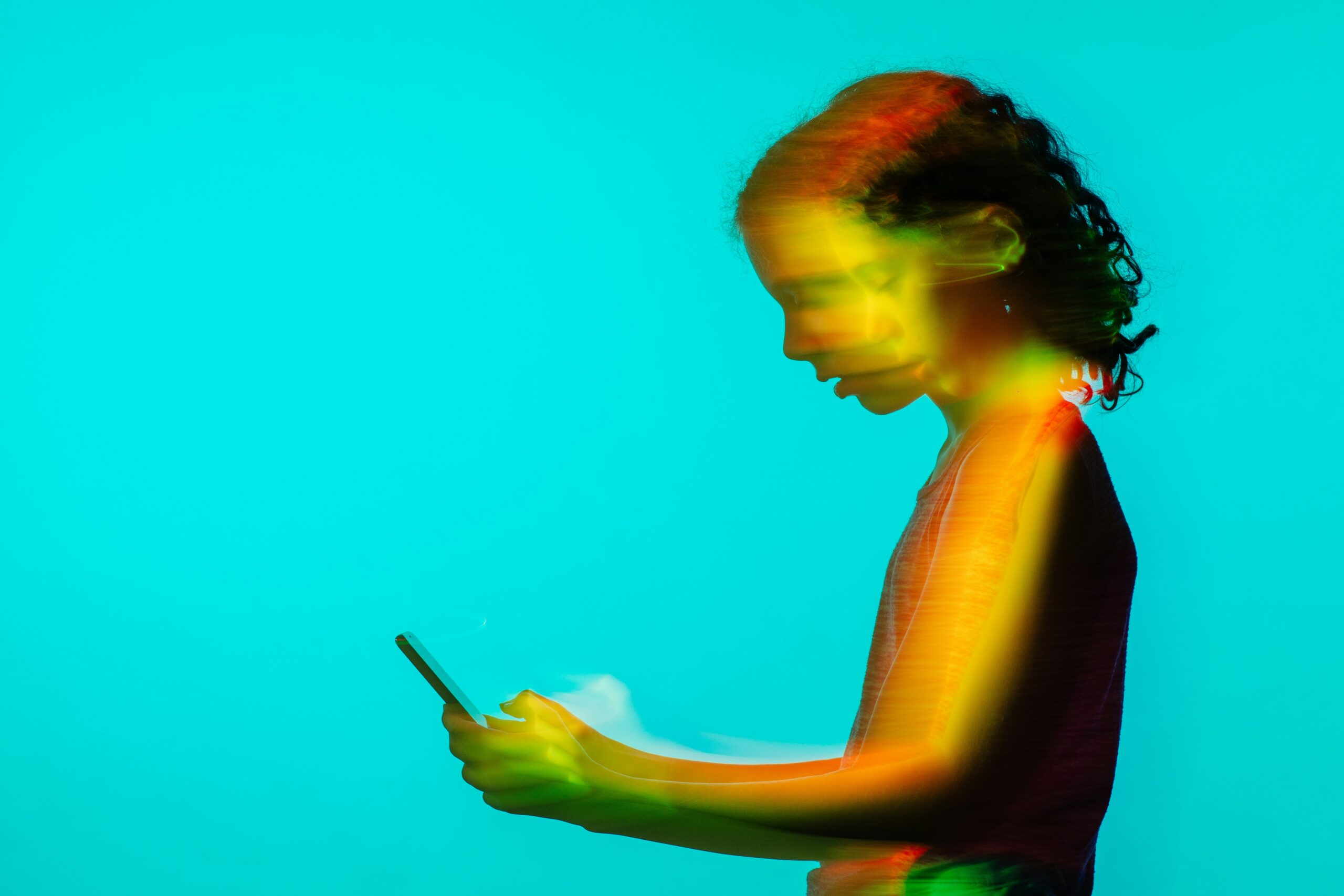The Impact of Social Media on Mental Health: Insights from Recent Research
In recent years, social media has become an integral part of our daily lives, influencing various aspects of mental health.

The Influence of Social Media on Mental Health
Social media platforms have transformed how we communicate, share information, and perceive the world around us. These platforms offer a unique space for self-expression and connectivity but also pose challenges to mental well-being. Recent research highlights both positive and negative impacts of social media on mental health, emphasizing the complexity of this relationship. On one hand, social media can foster a sense of community and belonging, reducing feelings of loneliness and isolation. On the other hand, it can exacerbate anxiety and depression, particularly among younger users who may be more vulnerable to its negative effects.
Positive Aspects of Social Media
Despite the concerns surrounding social media, it’s important to acknowledge its positive contributions to mental health. Social media can serve as a powerful tool for raising awareness about mental health issues and promoting mental health education. Many users find support groups and communities online that provide encouragement and advice, helping them cope with various challenges. The accessibility of mental health resources online allows users to educate themselves and seek help more readily. Additionally, social media can foster creativity and self-expression, offering an outlet for individuals to share their stories and connect with like-minded people.
- Increased awareness and education about mental health
- Supportive online communities and groups
- Opportunities for self-expression and creativity
Negative Impacts and Challenges
While social media offers numerous benefits, it also presents significant challenges to mental health. The constant exposure to curated content can lead to unrealistic comparisons and expectations, contributing to feelings of inadequacy and low self-esteem. Cyberbullying and online harassment are prevalent issues that can have severe psychological effects, including anxiety, depression, and even suicidal thoughts. Moreover, excessive use of social media can disrupt sleep patterns, reduce physical activity, and increase stress levels. It’s crucial to recognize these negative impacts and address them through awareness and preventive measures.
- Unrealistic comparisons and low self-esteem
- Cyberbullying and online harassment
- Disrupted sleep and increased stress
Strategies for Healthy Social Media Use
To mitigate the negative effects of social media on mental health, individuals can adopt strategies for healthier usage. Setting boundaries on screen time and prioritizing offline interactions can help maintain a balance between online and real-world activities. Curating a positive feed by following supportive and inspiring accounts can enhance the social media experience. Additionally, being mindful of the content consumed and engaging in critical thinking can reduce the impact of negative influences. Encouraging open conversations about mental health and seeking professional help when needed are also essential steps toward healthier social media use.
- Setting screen time limits
- Curating a positive and supportive feed
- Encouraging open conversations about mental health
Conclusion
The impact of social media on mental health is multifaceted, with both positive and negative aspects. By understanding these dynamics, individuals, healthcare professionals, and platform developers can work together to maximize the benefits while minimizing the drawbacks. Encouraging healthy social media practices and fostering environments that support mental well-being are crucial for harnessing the full potential of social media as a tool for positive change. As research continues to evolve, staying informed and proactive about the effects of social media will be key to promoting mental health in the digital age.
